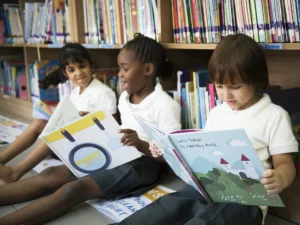The Foundation offers three grant cycles each year and accepts applications on a rolling basis. Applications submitted after a cycle’s deadline will be considered in the next grant cycle.
| Grant Application Milestones ↓ | 1st Cycle | 2nd Cycle | 3rd Cycle |
| Proposal Submission Deadline for Current Cycle by 5:00 p.m. | January 15th | March 31st | July 15th |
| Notification of Invitation to Site Visit Phase or Decline | March | May | August |
| Board Meeting for Funding Consideration | May | August | November |
Staff will notify applicants of their application status via email based on the timeline above.
- If a grant application is declined, the organization must wait one year before reapplying.
- Organizations that receive funding must wait at least six months after the grant term ends before submitting a new proposal.







